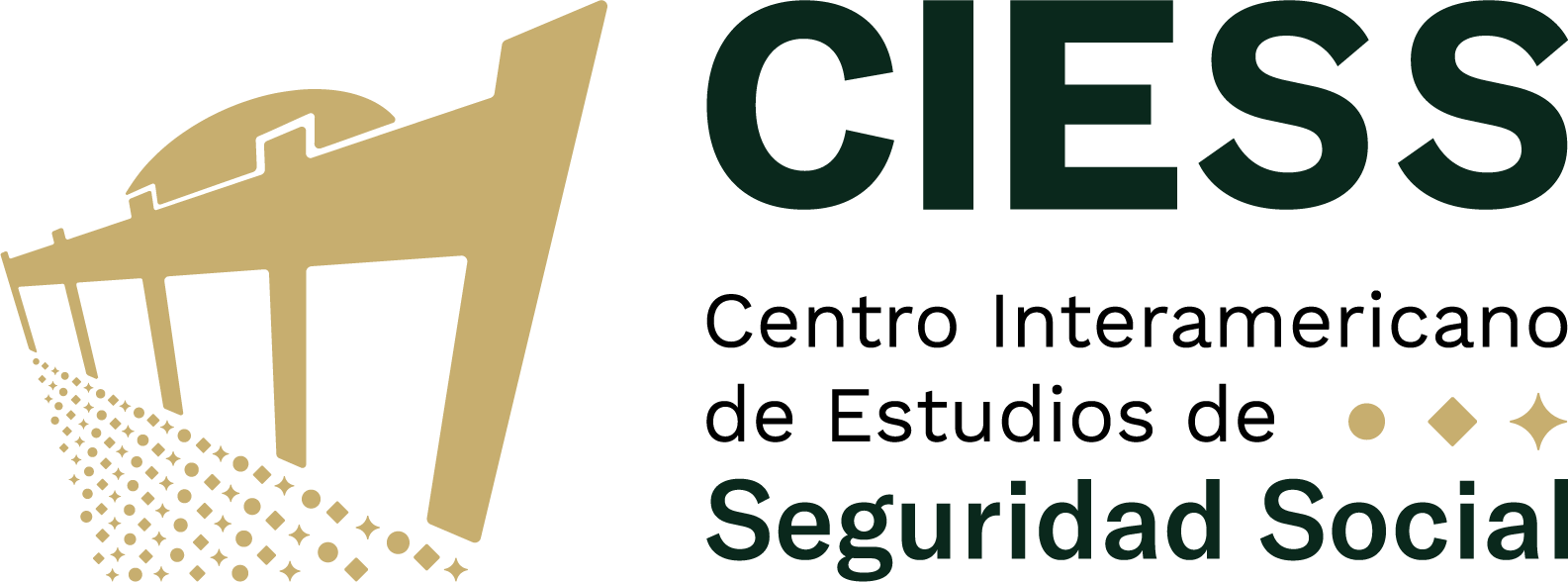Actuarial Work in Social Security
🌐 In partnership with the ILO
Modality: Blended
🇲🇽 On-site closing
Start date: August 29th, 2025
End date: November 28th, 2025
On-site phase: November 24th to 28th, 2025
Synchronous sessions: Wednesdays and Fridays
Schedule: 9:00 a.m. to 12:00 p.m. (Mexico City Time)
Total activity duration: 120 hours
Language: Spanish with English interpretation
Level: Basic
The registration deadline is one month before the start of the academic activity. Registrations will close earlier if the maximum capacity is reached, and the following will be considered for the allocation of available scholarships:
- Compliance with the requirements indicated in each program.
- Submission of the complete documentation.
- The application date.
General Objective
Understand methodologies, techniques, and tools for the development, application, and interpretation of actuarial models in social security. It aims at improving financial governance and decision-making in social security institutions.
Thematic Content per Module
What will you learn?
Taking this diploma course will allow you to acquire a solid understanding of the role of actuarial science in social insurance. Additionally, you will use mathematical modeling applied to social security systems to formulate management strategies that support decision-making, contributing to the well-being of the population.
🇲🇽 On-site Closing in Mexico City
Academic Updates
In the 2025 Academic Program, we have improved the design of the training activities by recognizing the importance of asynchronous work, which will allow for an enhanced and more flexible learning experience.
We invite you to read on to understand what this adjustment entails.
Independent Work
Independent work includes all activities that you must carry out autonomously, that is, without the presence of a teacher. This student-centered approach allows you to:
- Take control of your learning process and better manage your time and resources.
- Reflect on the knowledge acquired and identify areas that require attention and improvement.
- Choose when and where to do the activities, adapting your learning process to your lifestyle.
Examples of independent activities:
- Read materials or watch content before an online class.
- Research a specific topic.
- Work alone or in a team to prepare assignments or projects.
Sessions with Instructors
These are sessions held virtually, requiring a real-time connection between students and instructors. These types of spaces allow you to:
- Ask questions and receive immediate answers, which facilitates the understanding of the topics.
- Share ideas and experiences in a space that encourages collaborative work and collective learning.


